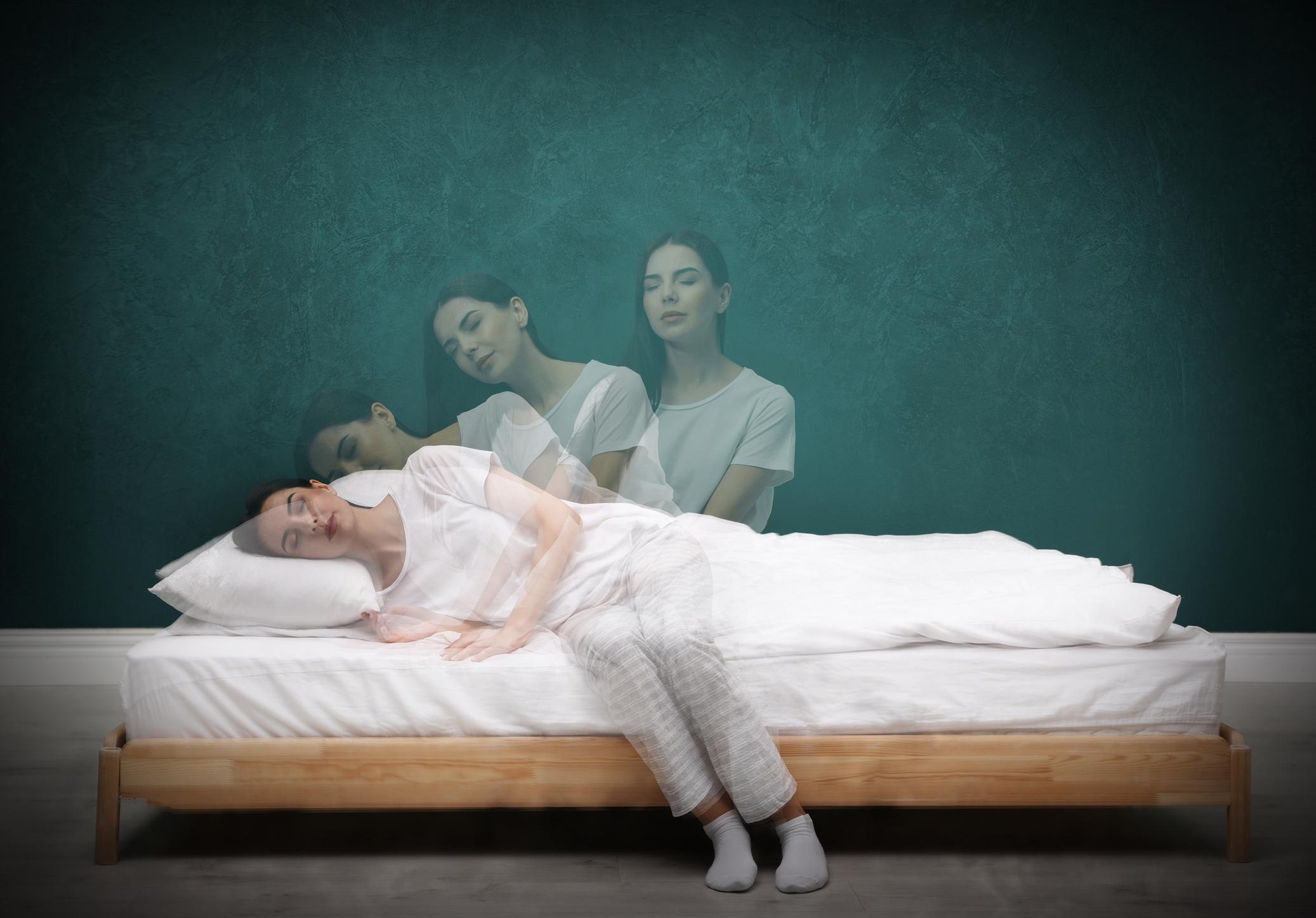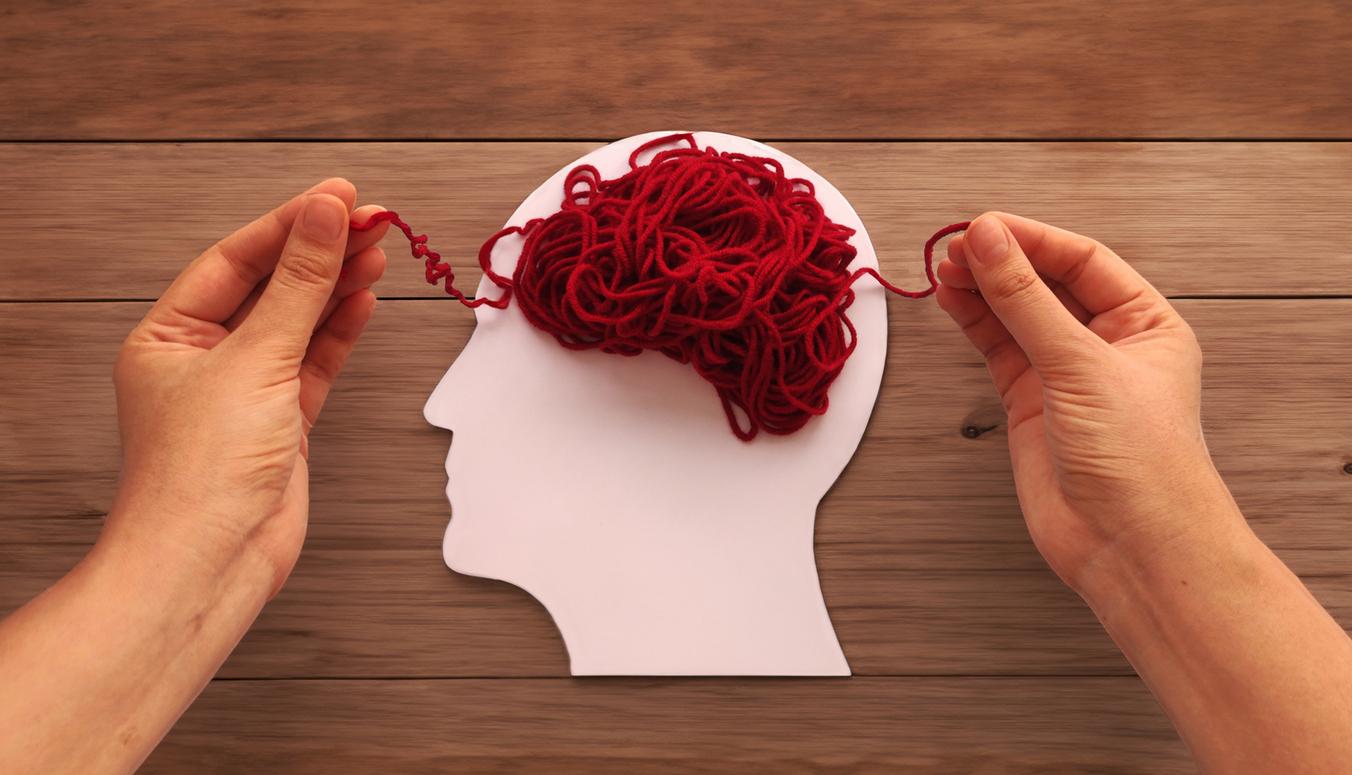The “Alice in Wonderland syndrome” is manifested by auditory and visual hallucinations and an altered perception of reality.

- The “Alice in Wonderland syndrome” refers to the famous novel by Lewis Carroll, published in 1865.
- This syndrome was first described in 1955.
- The “Alice in Wonderland syndrome” is characterized by visual illusions, auditory hallucinations and altered perception of speed or even of one’s own image.
The fall down the rabbit hole, the pool of tears, the cakes, the drinks that make you grow and shrink… We all know the famous story of Alice in Wonderland written by Lewis Carroll. In reality, some people also seem to suffer from visual illusions, auditory hallucinations, and altered perception of speed or even self-image like the girl in the book. In reference to the famous novel, these symptoms have been grouped into a rare confusional syndrome called “Alice in Wonderland syndrome”.
An altered perception of the world and of one’s own body
Very rare in adults, “Alice in Wonderland syndrome” occurs mainly following a migraine with aura or an epileptic seizure. It alters the way we perceive the world around us, our own body and the space it occupies.
As related a BBC article, Josh Firth, a nine-year-old Australian boy, suffered from visual illusions due to this syndrome. During a car trip, the child had the impression that the buildings were getting taller and taller. This is the first time that the “Alice in Wonderland syndrome” has occurred. He had directly reported it to his parents who had noticed no change in the buildings. “As the car drove, the buildings on either side suddenly grew larger and he felt like they were closing in on him”told Sonja, his mother.
This phenomenon also occurred at school. During class, Josh’s teachers’ faces had grown larger, out of proportion to their bodies, and the walls of the classroom had grown longer and further away from him. During a game of chess, the little boy also noticed that “his fingers grew and grew so large that he felt unable to pick up the chess pieces”.
“Alice in Wonderland syndrome”: a still unknown origin
It took almost two years to identify Josh’s “Alice in Wonderland Syndrome”. Apart from the visual hallucinations, the child also suffered from night terrors where he felt like his mother’s voice sounded different. It seemed to him lower and slower.
Described for the first time in 1955, the exact causes of “Alice in Wonderland syndrome” are still unknown. Research continues to understand how our brain influences our perception of reality.

















